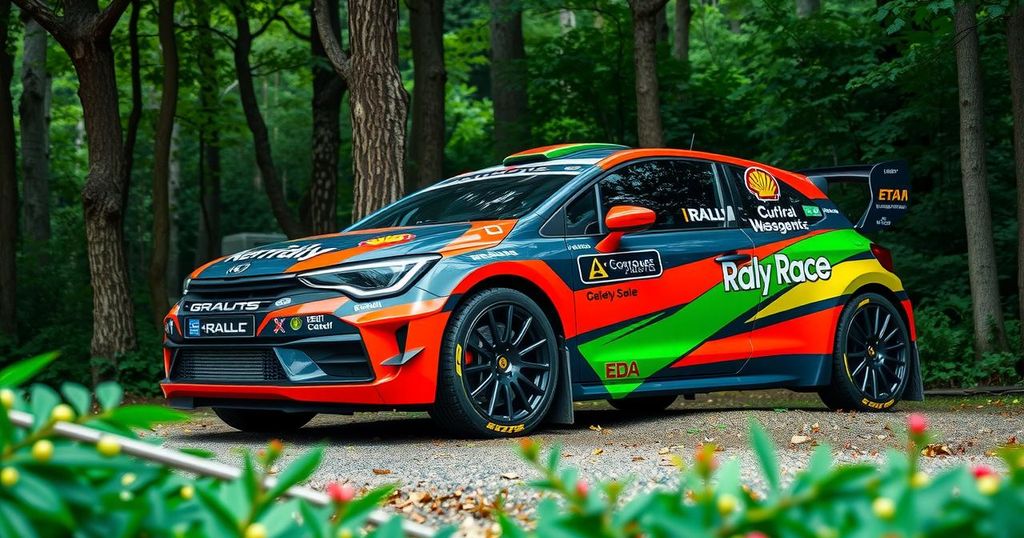Hyundai Opts for 2024 Specifications at Safari Rally Kenya, Shelving 2025 Upgrades
Hyundai will compete in the Safari Rally Kenya without its 2025 WRC car upgrades, opting to use the 2024 specifications for reliability. The team has focused on addressing previous issues and has developed a new snorkel to enhance engine protection against harsh conditions. Following a challenging pre-event test, the team is geared up to tackle the rally’s demands, seeking to improve on past performances.
Hyundai has decided to forgo its much-anticipated 2025 World Rally Championship (WRC) car upgrades for the upcoming Safari Rally in Kenya. Instead, the organization will utilize its i20 N Rally1 cars, adhering to the specifications aligned with the conclusion of the 2024 season—excluding the hybrid unit while implementing the necessary changes mandated by the 2025 technical regulations. This cautious strategy is part of their effort to secure performance amidst the fabric of this challenging event.
The manufacturer invested significantly last year in developing upgrades for its 2025 model, employing four homologation jokers to elevate the i20 N’s capabilities for drivers Thierry Neuville, Ott Tanak, and newly signed Adrien Fourmaux. Enhancements included modifications to the suspension system and weight reductions aimed at improving competitiveness on various surfaces, notably gravel and asphalt rallies.
Cyril Abiteboul, team principal, expressed satisfaction with the updates that were first tested in Sweden, noting their design intent for gravel-focused conditions. However, considerations regarding part availability and operational optimization led to the decision to prioritize reliability over the newly integrated technologies for the Kenyan terrain.
Hyundai acknowledges that while the 2025 updates are on hold, they are introducing a revised snorkel designed specifically for Kenya’s rugged gravel paths. This new snorkel aims to better shield the engine from contamination by water and dust, particularly in scenarios where the rally features thick sand and water splash challenges.
Historically, Kenya has posed difficulties for Hyundai, with the team achieving only one podium finish since returning to the event in 2021. Despite striving for consistent performance, reliability issues have plagued their progress. Nevertheless, the team has implemented strategies to confront these challenges, particularly highlighted by insights gained during a demanding pre-event test where they confronted new electrical concerns.
Hyundai remains optimistic that the adjustments made in their pre-event preparations will substantively augment their performance at the rally. The team will commence the Safari Rally next Thursday, encompassing a total of 21 challenging stages, reflective of their resilience and commitment to overcoming past obstacles and achieving better results.
In summary, Hyundai’s decision to delay the deployment of its 2025 WRC car upgrades for the Safari Rally in Kenya aims to enhance reliability and operational efficiency. The introduction of a new snorkel signifies the team’s adaptation to local conditions while addressing past reliability issues. As the team prepares for the demanding stages ahead, they remain focused on optimizing performance and achieving success amid historical challenges. This strategic approach underscores Hyundai’s commitment to continuous improvement in the highly competitive WRC environment.
Original Source: www.motorsport.com




Post Comment